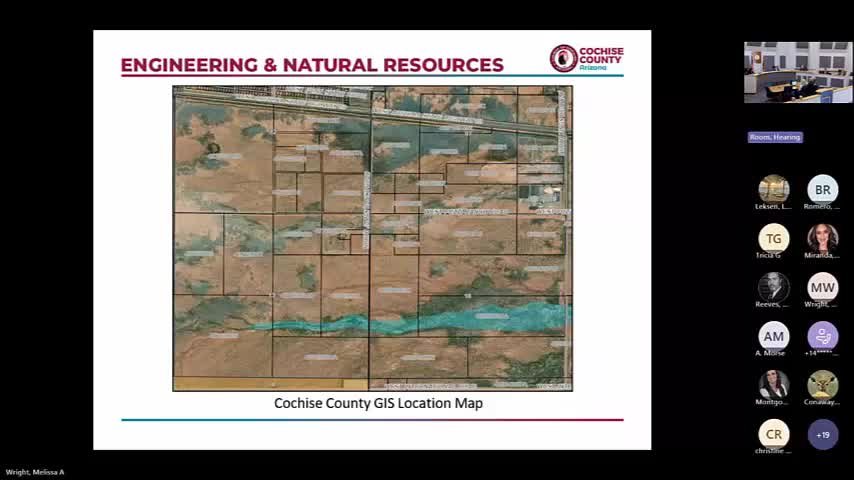For many of us, going back to school has always brought a certain thrill. I remember those days of shopping with my parents for new clothes, shoes, and all the school supplies—folders, backpacks, you name it. For a kid like me who loved school, this time felt like a second birthday. The excitement of reconnecting with friends after the summer was something I always looked forward to.
But now, as schools reopen, there’s a much heavier atmosphere, filled with anxiety and fear. The school year kicked off on August 28th this year amidst tragic news of significant shootings at private schools, like one in Minneapolis, which became a harsh reality for countless families, teachers, and staff.
In Nashville, we can’t ignore the painful memories of a recent shooting at a local school. Just two years ago, we collectively mourned that loss, gathering at state Capitol buildings to push for action. It seemed our calls were heard, as Governor Bill Lee convened a special session for the legislature.
However, it’s frustrating that out of that session, only one new law directly addressed gun issues.
Since then, advocates for gun safety have continually visited the Capitol, urging lawmakers to take more substantial action. Polls indicate that many Tennesseans recognize the need for measures like extreme risk protection orders. Yet, responses from lawmakers often fall back on thoughts and prayers, rather than meaningful solutions that address the root of the problem.
As it stands, many children now find themselves caught in the crosshairs of overreaching school safety laws. Some students have been labeled as potential threats due to misstatements, which results in police involvement and even arrests, instead of appropriate investigation and discipline. It’s disheartening to hear lawmakers defend this approach by saying it “works as intended.”
Recently, another bill aimed at improving school safety was passed, which expands the role of School Resource Officers (SROs) to include retired police and military personnel. But there’s a contentious debate surrounding SROs. While they might reduce violence at times, there’s evidence showing that students, especially those with disabilities, face disproportionate disciplinary actions, contributing to the alarming school-to-prison pipeline.
Having SROs doesn’t automatically mean enhanced safety for children. We saw this firsthand just recently at Antioch High School, where two SROs were present—and yet, it still wasn’t enough.
Rather than genuinely protecting students, the current approach seems to funnel them into the judicial system. Expulsions and arrests for minor infractions have become increasingly common, often disproportionately affecting vulnerable children. Instead of addressing behavioral concerns in a supportive way, lawmakers have opted to penalize youthful indiscretions while failing to push for substantive gun safety reforms.
Another law passed last year permits certain teachers in Tennessee to carry firearms, provided they complete extensive training and background checks. Understandably, many parents were disturbed by this, especially since they wouldn’t necessarily be informed if a weapon was present in their child’s classroom. The idea of armed teachers seems utterly bizarre.
This year, Tennessee has introduced a new requirement for students to learn about gun safety as part of their education. With legislation sponsored by Senators Chris Todd and Paul Bailey, the state now mandates gun safety classes, making it the first in the nation to do so. However, it’s troubling that instead of focusing on responsible gun ownership or requiring adults to secure their firearms, lawmakers are placing the onus on children.
With so much at stake, it’s concerning that there will be a long wait before the next legislative session arrives, where hopefully more sensible gun laws can emerge. Until then, it appears much of the responsibility will unfairly rest on young shoulders.
As schools resume in Tennessee, one can only hope that lawmakers will grasp the need for real reform when it comes to gun laws designed to protect children. Without such action, we can expect a predictable outcome: more traumatized youths, more shattered futures, and schools that feel increasingly unsafe.






